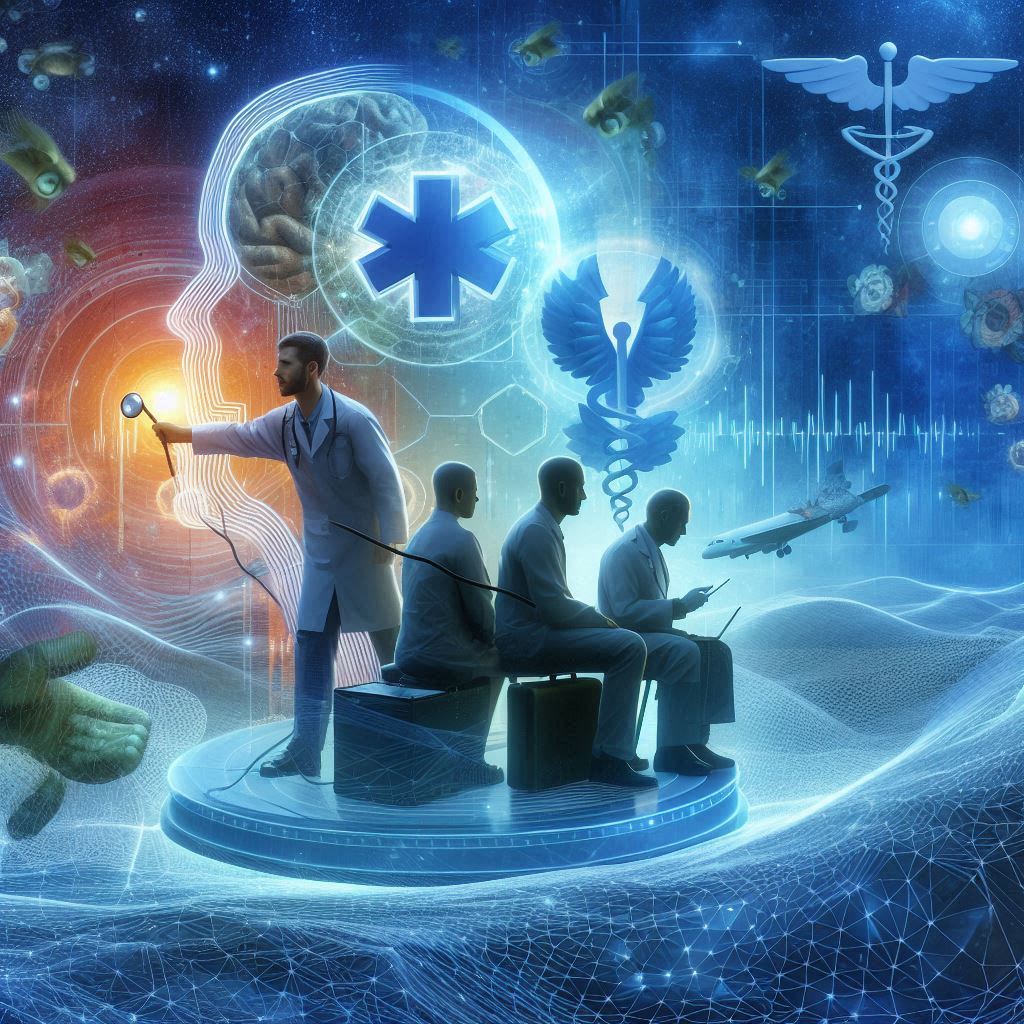Disclaimer and Caution: Understanding Innovative Therapies for Treating Depression and PTSD
Innovative therapies for treating depression and PTSD offer promising alternatives to traditional treatments, but it’s essential to approach these options with informed caution and awareness of potential risks and considerations.
1. Introduction to Innovative Therapies
In recent years, advancements in mental health care have introduced innovative therapies that aim to enhance treatment efficacy, accessibility, and patient outcomes. These therapies, such as Virtual Reality (VR) therapy, Ketamine therapy, and digital platforms offering Cognitive Behavioral Therapy (CBT) and mindfulness techniques, have shown promising results in alleviating symptoms and improving quality of life for individuals affected by depression and PTSD.
2. Benefits and Considerations
A. Effectiveness and Treatment Outcomes
- Virtual Reality (VR) Therapy: VR therapy has demonstrated effectiveness in treating PTSD by exposing patients to controlled environments that simulate triggering situations. Studies suggest significant reductions in symptoms and improved emotional resilience.
- Ketamine Therapy: FDA-approved for treatment-resistant depression, Ketamine therapy provides rapid relief for patients who have not responded to other treatments. It works by modulating neurotransmitter systems in the brain, offering new hope for those in need of immediate relief.
B. Accessibility and Convenience
- Digital Platforms: Apps like Headspace and Talkspace offer convenient access to CBT and mindfulness therapies, catering to individuals who prefer remote sessions or face barriers to in-person treatment. These platforms enhance accessibility by bringing therapy into the digital age, reaching underserved populations and improving mental health care delivery.
C. Personalization and Tailored Treatments
- Personalized Therapies: Leveraging algorithms and patient data, personalized therapies customize treatment approaches based on individual needs and responses. This tailored approach enhances treatment outcomes by addressing specific symptoms and personal circumstances.
3. Regulatory Considerations and Challenges
A. FDA Approval and Regulatory Guidelines
- Challenges: Innovative therapies often face rigorous FDA approval processes and regulatory hurdles, which can delay their availability to patients. Understanding these regulatory challenges is crucial for healthcare providers and patients alike when considering treatment options.
B. Ethical Concerns in Digital Mental Health Care
- Privacy and Data Security: Digital platforms raise ethical considerations regarding patient privacy, data security, and informed consent. Ensuring compliance with ethical guidelines and safeguarding patient information are paramount in maintaining trust and integrity in digital mental health care practices.
4. Cautionary Notes and Potential Risks
A. Cost of Therapy
- Affordability: The cost of innovative therapies, including VR equipment and specialized treatments like Ketamine therapy, may present financial barriers to access for some patients. Assessing insurance coverage and exploring financial assistance options are essential steps in navigating treatment affordability.
B. Long-Term Outcomes and Treatment Durability
- Efficacy and Sustainability: While innovative therapies show promising short-term results, long-term efficacy and sustainability require further research and longitudinal studies. Evaluating treatment resistance, relapse rates, and patient outcomes over time provides critical insights into the durability of these treatments.
C. Patient Suitability and Individual Response
- Treatment Responsiveness: Individual responses to innovative therapies vary, and not all patients may benefit equally from these treatments. Healthcare providers should consider patient history, medical conditions, and treatment preferences when recommending or administering innovative therapies.
5. Conclusion and Recommendations
In conclusion, innovative therapies for depression and PTSD represent significant advancements in mental health care, offering new hope and treatment options for patients. However, navigating these therapies requires careful consideration of effectiveness, regulatory guidelines, ethical practices, and potential risks. Healthcare providers and patients should collaborate to make informed decisions that prioritize patient safety, treatment efficacy, and holistic well-being.
Disclaimer: The information provided in this document serves as educational content and should not substitute professional medical advice, diagnosis, or treatment. Individuals seeking mental health care should consult qualified healthcare professionals for personalized guidance tailored to their specific needs and circumstances.
Caution: While innovative therapies hold promise in enhancing mental health treatment, they may not be suitable for everyone. Patients should discuss treatment options, potential risks, and expected outcomes with healthcare providers to make informed decisions about their mental health care journey.
This disclaimer and caution section aims to provide a comprehensive overview of considerations and potential risks associated with innovative therapies for treating depression and PTSD, emphasizing the importance of informed decision-making and professional guidance.

